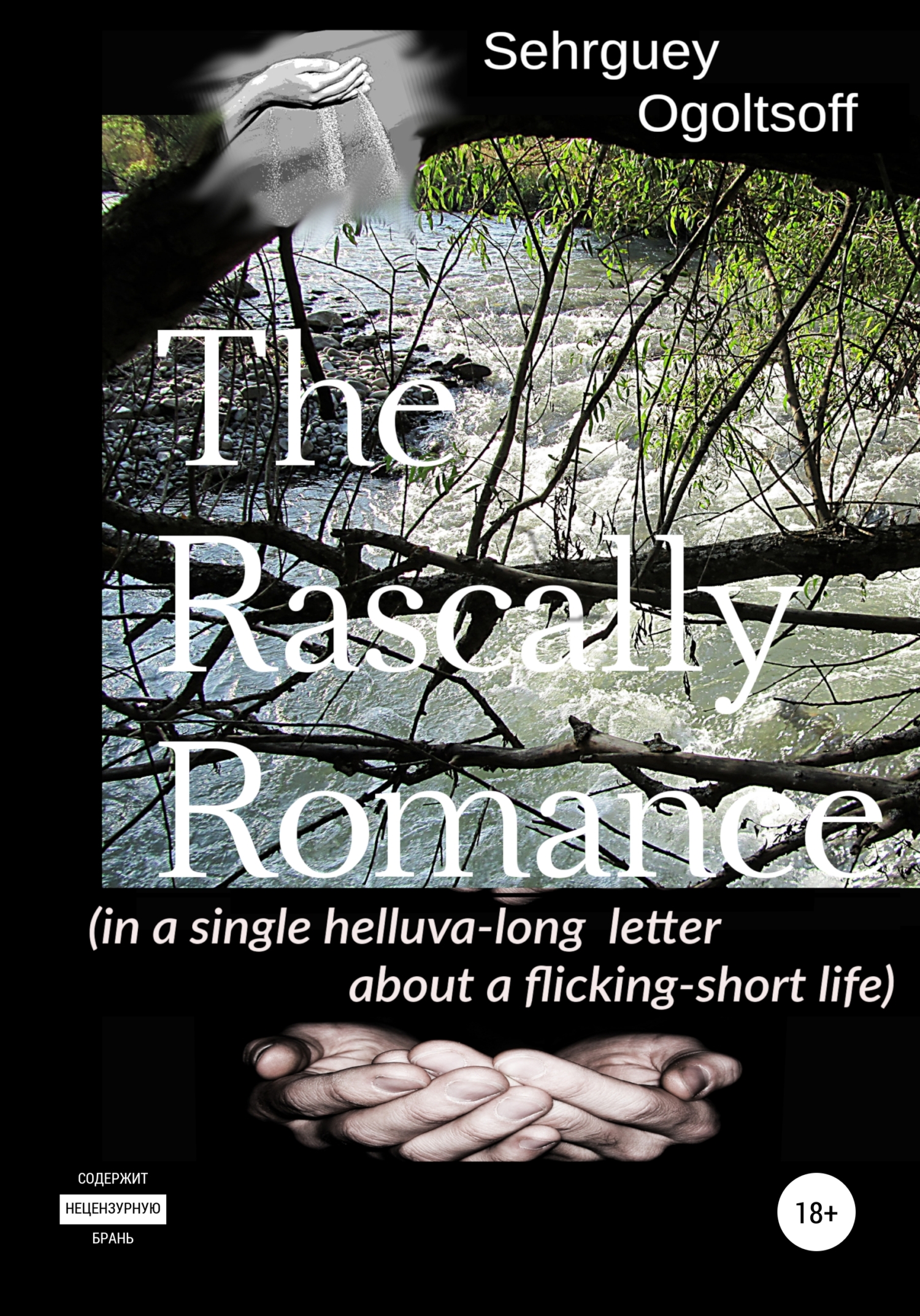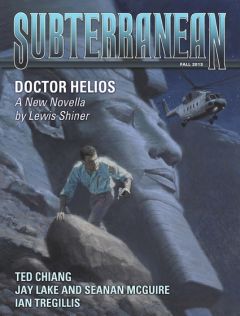I threw the glass container with iminazine pills (the generous gift from the fifth unit head doctor) into the drain pit in the garden at 13 Decemberists. The next day my mother spotted it there and threatened that she would report to psychiatrist Tarasenko my violation of directions from Romny.
"Mom, how can't you see it? Their pills are just a means to make me crazy."
I did not want to lose my leanness, which I always pride myself in, notwithstanding its slight stoop…
Everything became as before, or nearly so… Construction sites in Konotop, weekends in Nezhyn… The eyelids came back to their normal level canceling the need to strain the eye muscles… The translations. The poems…
Those poems started to pop up after the start of my bricklayer career at SMP-615. They were not poems at first, just unattached pieces of irrelevant phrases. Some seemed attractive with the alternating play of sounds within them, others because of inherent ambiguity, or rather being double-barreled so that they could be interpreted in different ways.
While busy with the production process, I, invisibly for my fellow-bricklayers, turned and twirled those pieces in my mind, slit-split them then re-assembled anew, then threw them out of my head to dogs, to devils, to scrap fucks, but the most persistent ones came back after the bum’s rush, and French walk, and kicking-out (consecutively) to stay brazenly there as if they never were away, not for a sec's sliver. Then there remained the only resort – to stick them with a pen down to a piece of paper and forget.
(…in six years there gathered about 30 pieces of those unsolicited self-willed buggers in 2 languages, because each one was coming the way it fancied.
Among them, there happened graphical sketches like that one copied from the landscape around a construction site: "the apple of sky skewered with the blade of beam at sunrise…"; or those marked by their onomatopoeic stickiness: "Carkalomna barcarole…"; or philosophical pieces like that about God devoured the day before; and simply rhythmic chants for marching: "what do we laugh at?."…)
One of the first pieces I showed Eera, and she cocked up at once – who was that Madonna in a padded workman jacket? As if I could know, just one of those queuing in the workmen canteen at the midday break.
As for "To the Tune of V. Kosma" she did not ask anything, it was about her, undoubtedly and clear. Later, she said that they told her it was a good poem, and I stopped showing her any of them. Probably, I was jealous of the unidentified someone, to whom she gave it for evaluation.
When I read to my brother Sasha "The Scythian Interview", his reaction was instantaneous, "You have to be ratted on!"
(…if your poetry piece turns an ombre's train of thoughts in the KGB direction, it holds a worthy idea…)
Ivan, a carpenter from SMP-615, somehow liked the line about a cabbage leaf on the knife blade's edge. After 6 months, he asked to recite for him about that cabbage once again; I'd never imagine the bulky block had a sweet tooth for salads.
At times, when at the end of a midday break there still remained 5 minutes before to leave the trailer and go on with laying the walls, the women on our team asked to read something new, and the recital would be concluded by Grynya’s yell: "Sehryoga! They do not shoe horses with fire, there are horseshoes for that! Gelding you are ungroomed!" He was brought up and educated in the village of Krasnoye on the Baturin highway and should know such things better.
When the number of poems exceeded a score, my attitude to them changed qualitatively. Why should they lie around? Ain't it a pity? And I started to send them to the editorial offices of diverse monthlies and publishing houses, just like Martin Eden from the same-named novel by Jack London. And they kept returning back to me, exactly as his ones to him, with typewritten responses, which looked like one and the same carbon-copied answer.
They informed that the material received from me was inconsistent with the thematic orientation of their publication, besides, their editorial portfolio was filled for 3 to 4 upcoming years, yet not a single word about the verses themselves. Thus, Grynya's review remained unsurpassed: "Gelding ungroomed!"
However, the literary collaborator at one of the journals shared, that a similar style was the vogue in the 1930s. Probably, he aimed to point out the deprecated nature of the stuff, but it rather made me happy – they recognized poems as having some sort of style!
(…and what a style it was! In the 1930s the Union of Writers had not been gelded yet with political purges and spy-hunting repressions. In those days people still wrote poetry and not conjuncture-prone materials dedicated to the nearing Party Congresses…)
It gradually began to dawn on me that none of the eggheads, slurping from the trough of literary collaboration, was interested in all those poetic "beam blades in the sky" any more than in prosaic skewers in their personal ass.
The final eye-opener arrived with the response from the monthly Moscow to "Tired Alla". A fleeting glance made it quite clear that the literary collaborator perused the suggested piece in the most serious and conscientious way. The meaning of a certain word in the second stanza was not quite evident for him, so he took pains to check the term with a dictionary… He forgot to erase the working marks of his assiduous pencil in my verse. The word "craving" remained underlined and its interpretation—"lust"—was added nearby.
I did not know which dictionary he used to dig it out, but the result offended me. The ultimate blow was dealt by the name of the reviewer who signed the response – Pushkin! Aw, fuck! The mental picture of Pushkin looking up "craving" in a dictionary made me draw the line under my fucking the brains of editors with my f-f..er..formidable, I mean, simplicity. I realized at last, that



